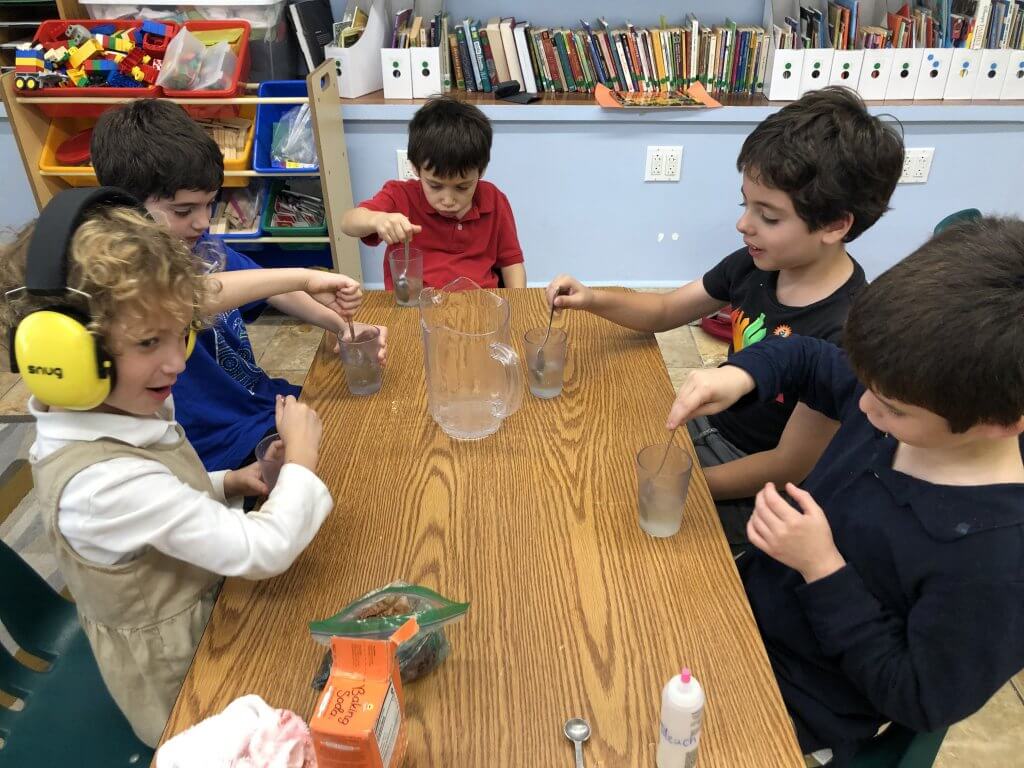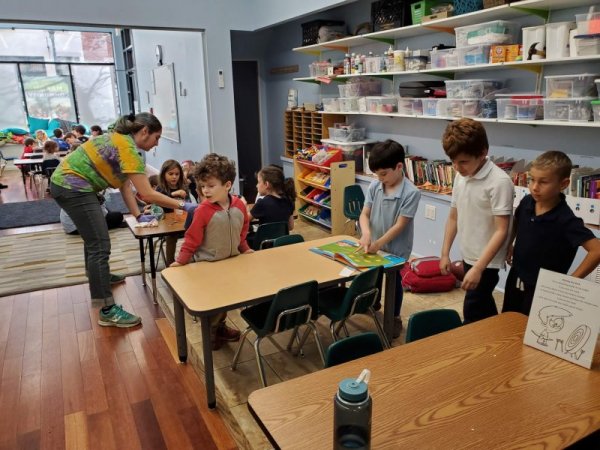
According to a midrash (story that elaborates), the incident of the Tower of Babel led angels to argue with God about the worthwhileness of people. Because of the “ruinous” actions of the people in the story, the angels said to God, “Didn’t the first set of angels speak appropriately before you, that human beings are not worthy of having been created?” (Sanhedrin 38b:6). Oof. That’s harsh. But God is steadfast, prepared to stick by people even through all of their mistakes and imperfections.
Celebrating Yom Kippur this past week gave us an opportunity to reflect on the times when we missed the mark and how we responded. Everybody makes mistakes. Even while we’re making mistakes, we still deserve love. And we deserve a chance to fix our mistakes and try again. How do we respond with compassion for the person we wronged or hurt? How do we respond with compassion for ourselves, too?
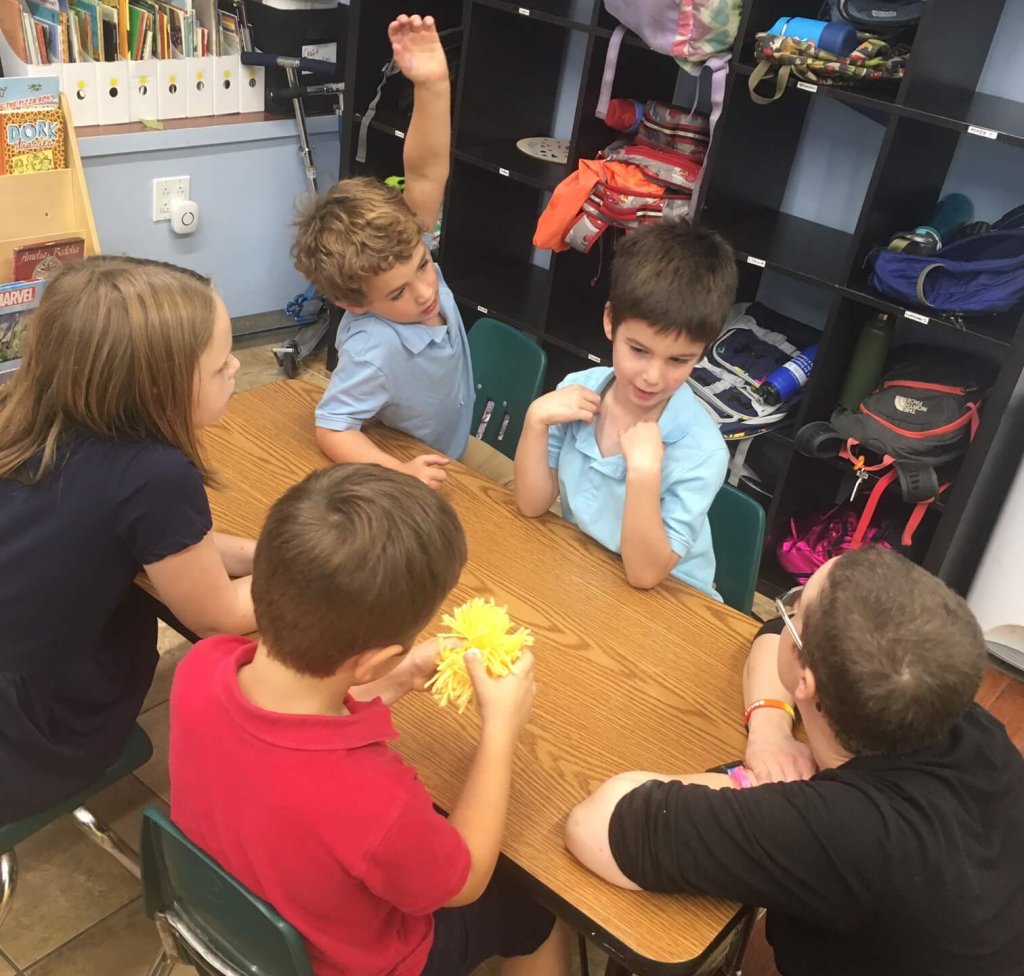
One part of having compassion towards others after we’ve made a mistake is apologizing. We’ve been practicing apologies with a few specific parts:
- I’m sorry for [specific mistake we made.]
- Next time I will [what you can do to try to avoid the mistake in the future.]
- Do you forgive me?
- Can I do anything else to help right now? (Ex: a hug, rebuild the block tower, get an ice pack or a bandaid, etc.)
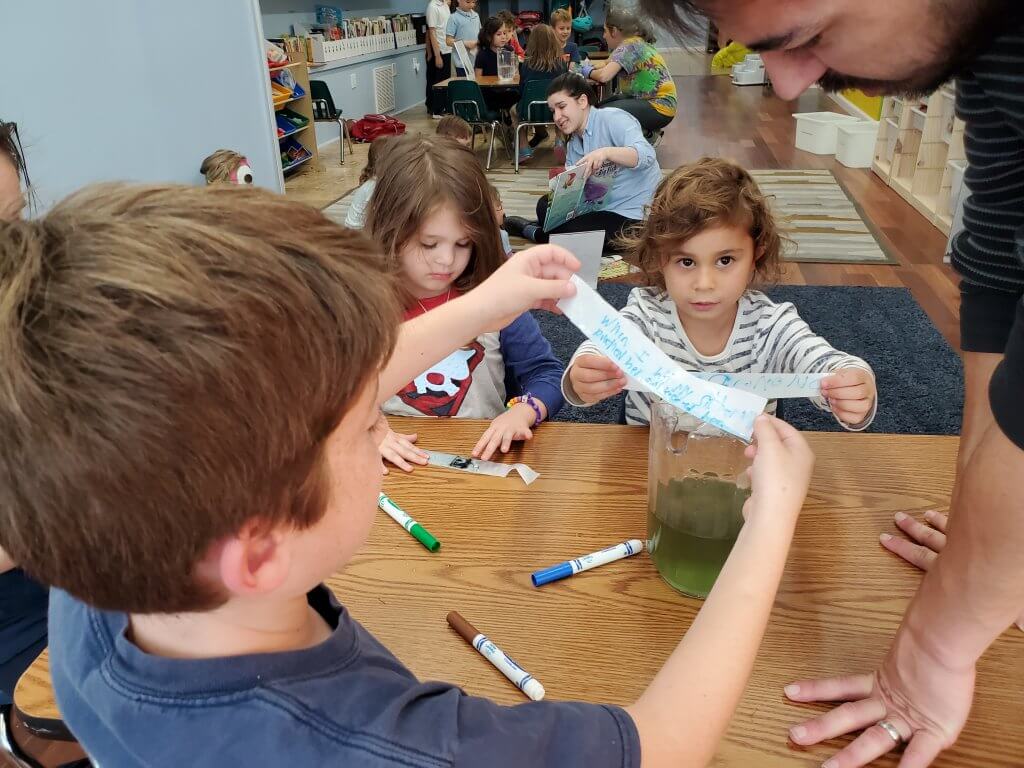
We also noticed that apologizing is sometimes difficult to do! Why is it hard to say sorry?
- It’s scary!
- Sometimes I don’t want to.
- I don’t want to stop playing or doing whatever I’m doing to apologize.
- If they didn’t stop when you told them to stop. [It’s hard to say sorry to someone who doesn’t listen to you.]
Why is it important to say sorry anyway?
- To help them feel better.
- To keep being kind.
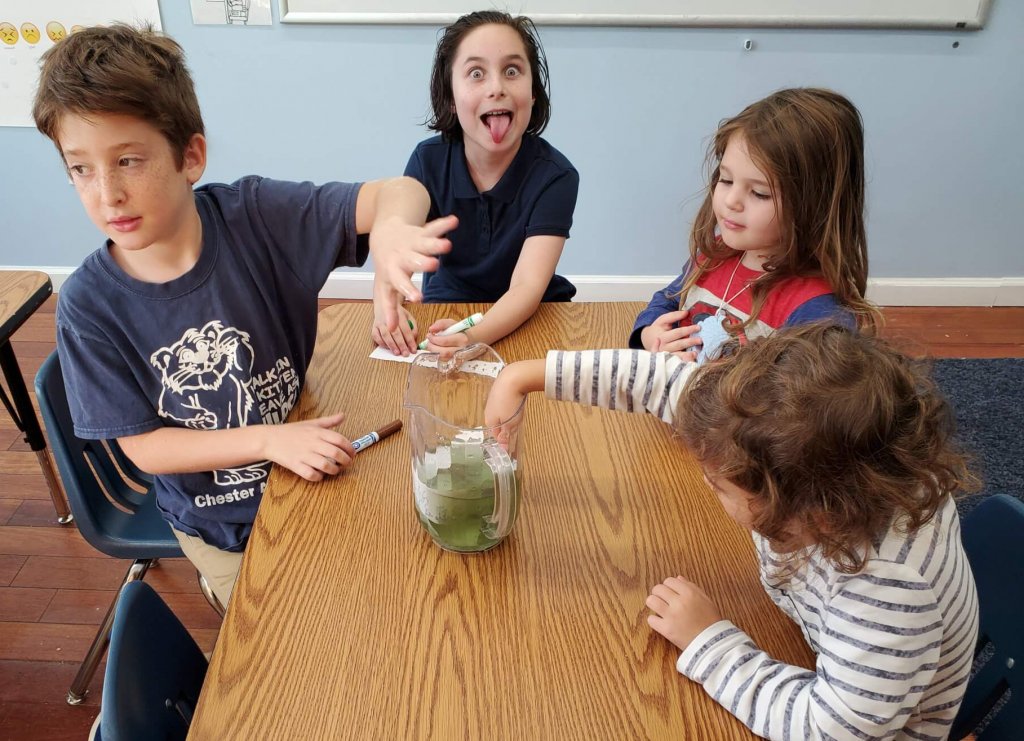
Between Rosh Hashanah and Yom Kippur it’s traditional for Jewish people to participate in a ritual called tashlich, throwing away the times we missed the mark in order to have a clean start. This is part of responding to our mistakes with compassion for ourselves. Last week we experimented with four different tashlich activities:
- Swirling up glitter jars. Watching the glitter settle, and imagining our mistakes settling away, leaving us with the clearer water on top to represent our fresh start.
- Writing about the times that we missed the mark in washable marker. Dunking the papers in a pitcher of water. Watching the water wash away the maker with our mistakes.
- Dying water a color. Using bleach and baking soda to turn the water clear again and imagining letting go of mistakes that we’ve made to have a new, clear opportunity to try again.
- Tossing a ball at a target. When we miss the mark, remembering a time we made a mistake and blowing it away. When we hit the mark, remembering a good choice we made that we’re proud of. Reflecting on the ways that intending to hit the target and having a good plan and intention don’t always mean hitting the target. Noticing what we can change about our approach to hit the target more often.
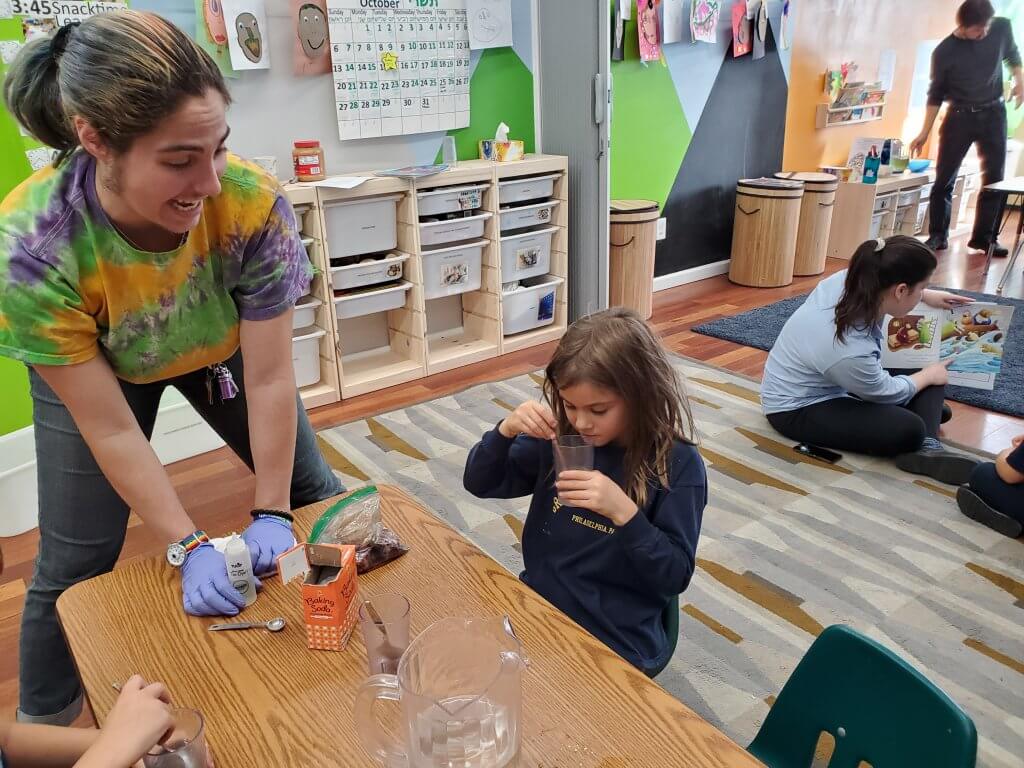
It’s easy to be hard on ourselves when we make mistakes. I know that sometimes I start to think like the angels in the midrash. How we respond to someone else’s mistakes can help them remember that they still deserve love. As we embark on a new year during which we’re sure to both do our best and still make mistakes, I’d like to leave you with some final words of wisdom from our learners. Here are some of the responses to mistake making that our students find most helpful:
- Getting a chance to try again.
- Getting choices about what I should do next.
- It depends on the situation. Sometimes being reminded to apologize. Sometimes sitting by myself on the steps.
- Snuggles! Cuddles! Kisses! Hugs!
Wishing us all a year of all the gentleness, love, and cuddles wee need to help us grow.
